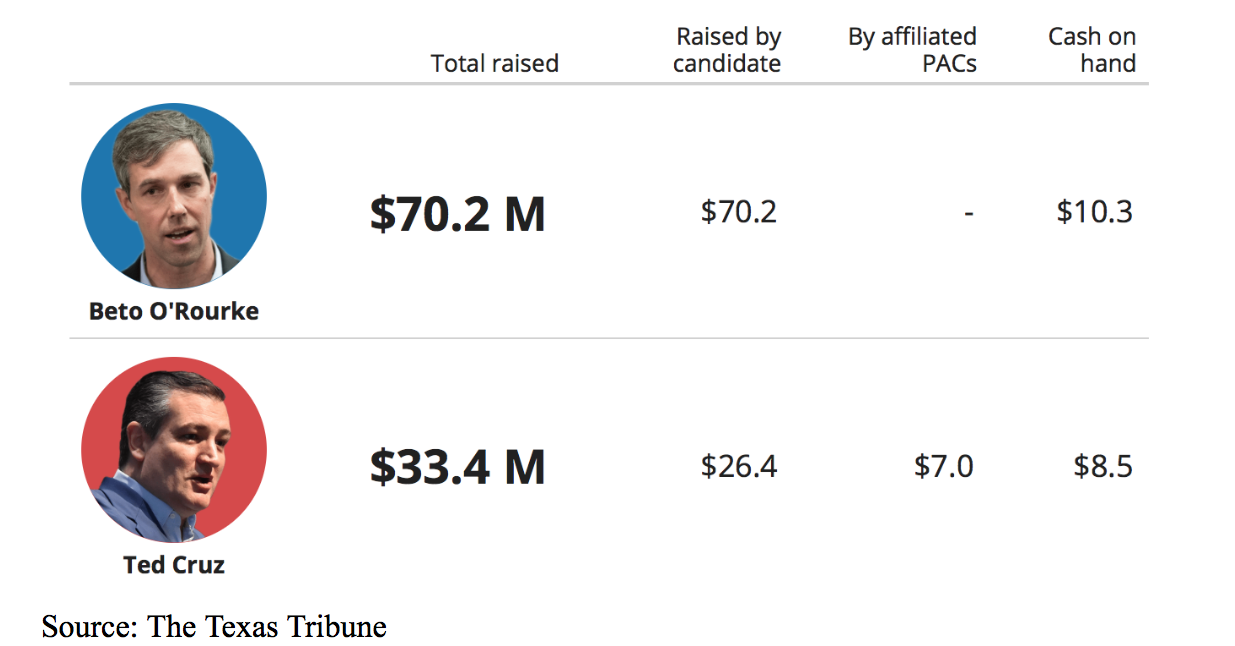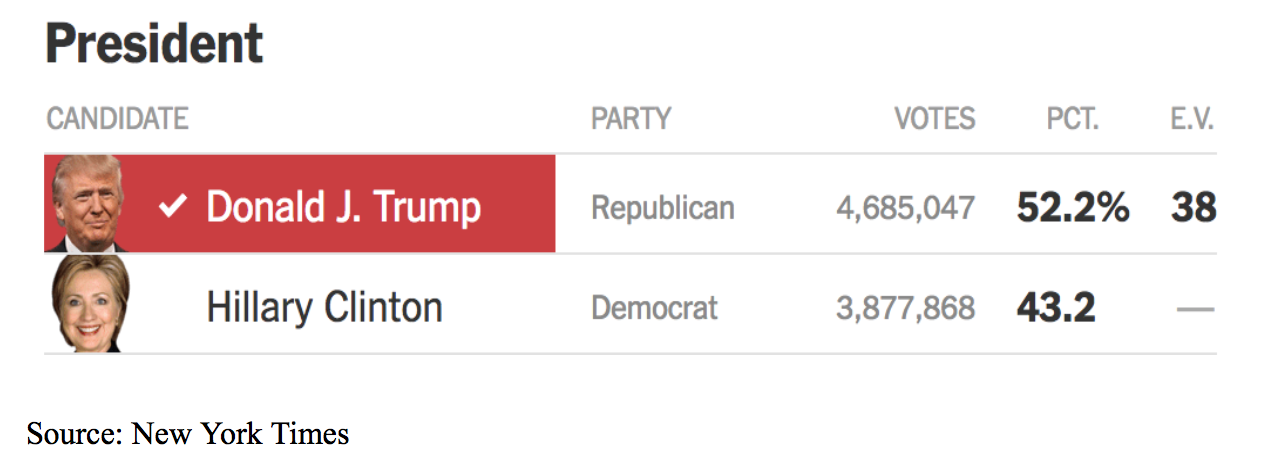I’m So Proud of You Guys!
By Faizan Razak ‘20 and Joshua Ledford ‘21
In 2018, something peculiar happened in the Texan political world: a little-known Democratic Congressman from the state’s 16th district somehow became a household name by the end of the year’s midterm elections. His name, as many Americans know by now, is Beto O’Rourke. Maybe they first fell in love with him after watching a viral video of him defending NFL players and their right to kneel during the National Anthem, his late night skateboarding tricks at Whataburger, or even his expansive progressive platform that took a defiant stance on issues ranging from supporting the impeachment of President Trump to Medicare for All. Whatever it was, his charm knew no bounds. After garnering extensive national attention from the media and the hearts of many, it seemed like Democrats finally had a shot at winning a statewide election after suffering defeat year after year.
So how did such a likable and energizing candidate like O’Rourke lose against one of the most hated politicians in America? Speculation about Ted Cruz’s re-electability often centered around everyone’s dislike for him, often citing his current and former Republican colleagues such as Senator Lindsey Graham (“If you killed Ted Cruz on the floor of the Senate, and the trail was in the Senate, nobody would convict you”) or former Republican House Majority Leader John Boehner (“Lucifer in the flesh”). Despite all this, Cruz still found himself victorious on November 6th and secured another six year term in the Senate.
Texan voters seemed to ignore the opinions of establishment politicians in favor of voting along strict party lines. Just in October, 86% of Texans who identified with the Republican party found Cruz favorable, a statistic that definitely had an impact in a state with more Republicans than Democrats. For these voters, rhetoric is not what motivates or deters them from going to the polls. It’s issues like abortion, immigration, and tax reform that gave Cruz an advantage over his opponent and that deliver victory. Even though the media and O’Rourke himself attempted to portray the candidate as a pragmatist who would reach across the aisle in Washington, this wasn’t exactly the truth. Taking a closer look at his proposed policies reveals a candidate further to the left than the Democratic establishment. Rural and suburban voters in Texas are much less likely to identify with his unabashedly progressive platform, or in some cases, strongly oppose it. These “forgotten about” Texans put Cruz and other Texas Republicans like Governor Greg Abbott over the top this November, leaving Democrats defeated once again.
However, Texan Democrats should look to the future with optimism. O’Rourke’s loss in this election was also a win in more ways than one, not only for Texan Democrats, but progressives throughout America. For the first time in decades, a Democrat in Texas gave an incumbent Republican a real run for their money. Just take a look at the numbers: O’Rourke improved upon 2012 Democratic Senate candidate Paul Sadler’s performance by 13.2%, coming closer than any Democrat had in a statewide election in Texas since the party was last successful in 1994. Not only was O’Rourke’s ability to dramatically close this margin impressive, but he also did an astonishing amount of fundraising. His campaign raised more than twice as much as Cruz’s, all while not receiving a single penny from political action committees (PAC’s). With the Federal Election Committee capping individual contributions at $2700 per election, O’Rourke raised $70.2 million, while Cruz fell short and raised only $33.4 million. Some would argue that the fact that Cruz still emerged the winner despite raising less than half of O’Rourke’s campaign funds is a bad sign for Democrats. Nonetheless, O’Rourke showed Americans that if he can run a competitive campaign against an incumbent Republican in the deep red state of Texas, then so can candidates in other conservative strongholds in the future.
O’Rourke also received more votes in an off-year election than Democratic nominee Hillary Clinton did in the state’s Presidential election in 2016, despite a lower turnout among Texas voters and without the help of big money.
His campaign has marked a clear path that Democrats may be embarking on: a future of young, charismatic, and progressive candidates who are able to energize their voter bases through grassroots campaigns. To count O’Rourke out after this loss is to not know American history. Just take a look at Abraham Lincoln’s political career; he may have lost his Senate race to Stephen Douglas, but that didn’t stop him from eventually becoming President. Just as O’Rourke said best himself, Democrats should indeed be so f***ing proud.


